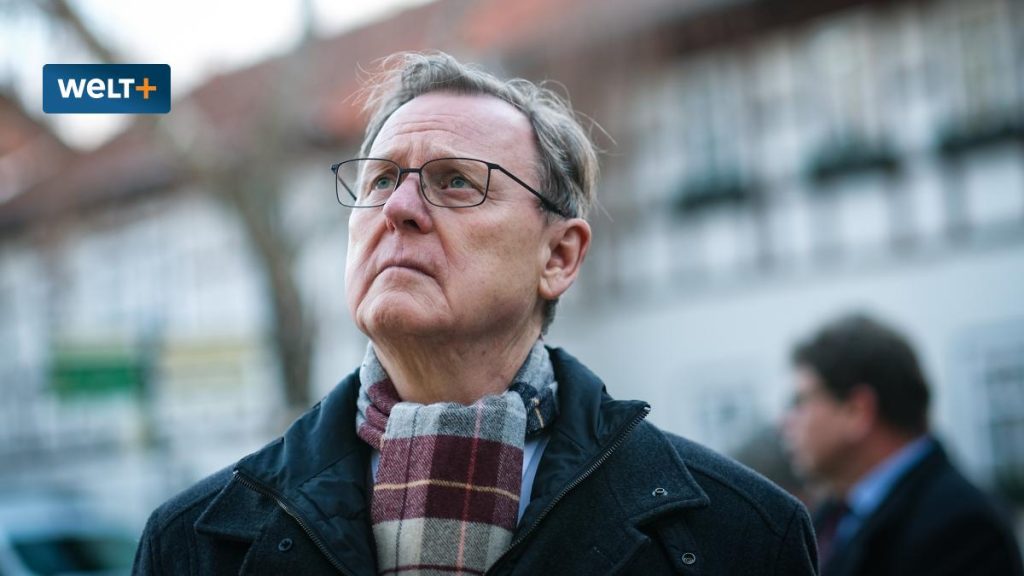Thuringia’s Minister President Ramelow, a member of The Left party, is frustrated by the current trend of “talking Germany to pieces.” He believes that the biggest problem facing the country is the weakening of the far-right Alternative for Germany (AfD) party as a result of citizen protests. Following the recent state election, Ramelow sees potential for a new government coalition to be formed.
Ramelow’s comments come amidst a tumultuous political landscape in Germany, with tensions rising between various parties and political ideologies. The rise of populist movements, such as the AfD, has led to increasing polarization within the country. Ramelow’s criticism of those who seek to undermine Germany through inflammatory rhetoric reflects concerns about the direction of political discourse in the country.
The weakening of the AfD, which has been a divisive force in German politics, has been seen as a positive development by Ramelow and his party. The AfD has faced criticism for its far-right stance on issues such as immigration and nationalism. With citizen protests leading to a decline in support for the party, Ramelow sees an opportunity for a more inclusive and united government to take shape in Thuringia.
Looking ahead to the formation of a new government following the state election, Ramelow remains open to various possibilities. He believes that a coalition government could be a viable option, despite the challenges that may arise from differing political beliefs and agendas. The need for cooperation and compromise among different parties will be essential in order for a stable government to be formed.
Ramelow’s remarks underscore the importance of unity and dialogue in the political process. As Germany grapples with a changing political landscape and increasing polarization, it is essential for leaders to engage in constructive and respectful discussions in order to address the country’s challenges. By focusing on collaboration and common goals, Ramelow remains optimistic about the future of Thuringia and Germany as a whole.
In conclusion, Ramelow’s comments reflect a desire for a more cohesive and inclusive political landscape in Germany. As the country navigates through complex political dynamics and challenges, leaders like Ramelow will play a crucial role in shaping the future of Thuringia and Germany. By prioritizing dialogue and cooperation, there is potential for a more stable and united government to emerge, despite the obstacles that may lie ahead.















